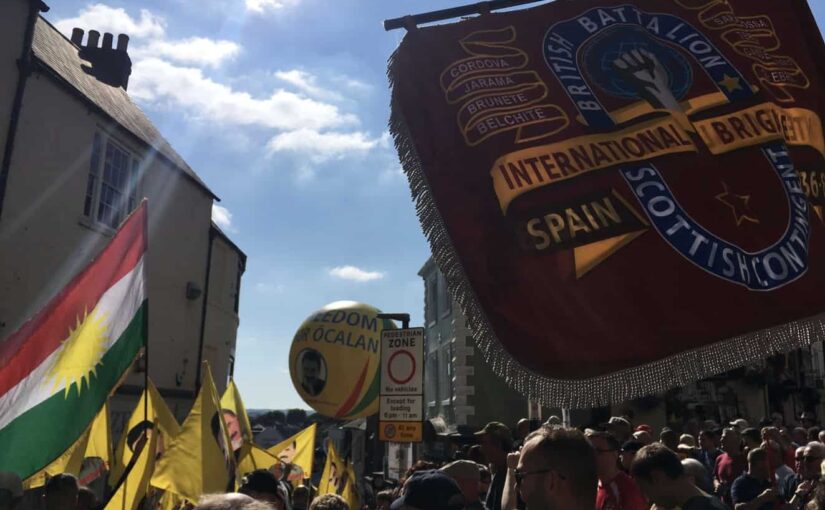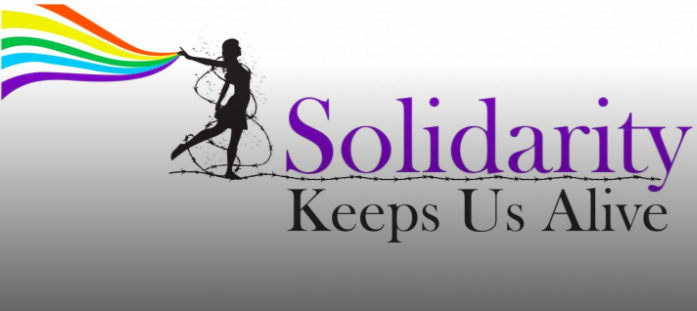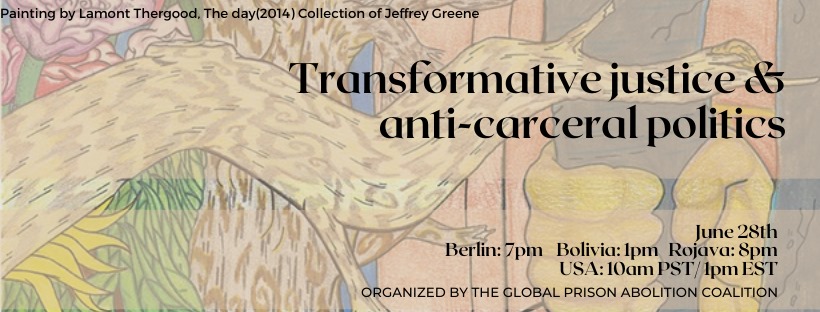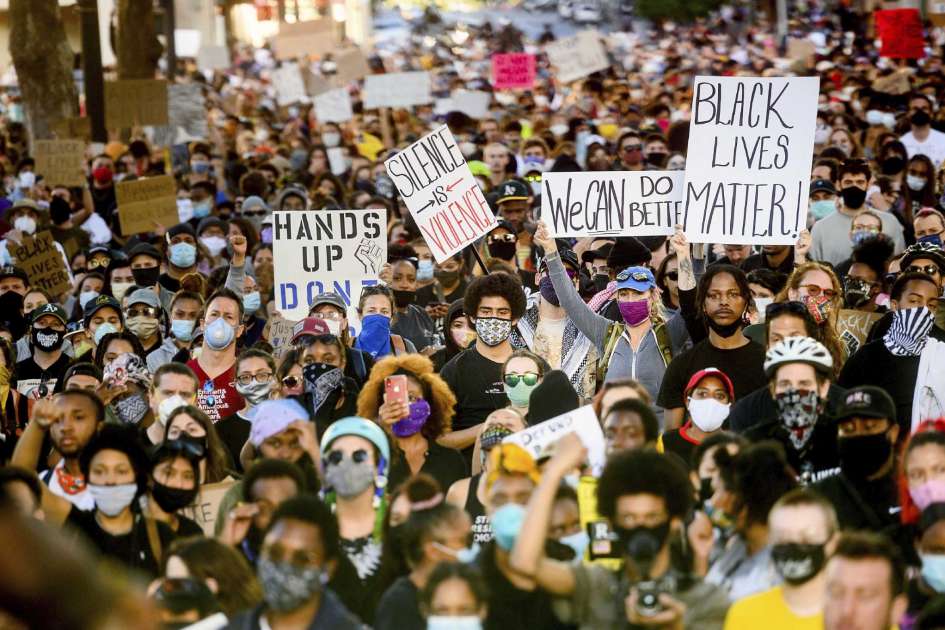Originally Published by ANF News
We unequivocally condemn this blatant racially motivated violence perpetrated by the state and express our deepest condolences to the family and friends of George. This crime is neither the first nor, unfortunately, will be the last of its kind.
Only on February 19 of this year, ten people were murdered in the German city of Hanau in a racist rampage at a cafe.
Not a day passes when Kurdish people are not attacked and murdered for simply being Kurdish. Everywhere, particular communities are declared as enemies and attacked.
We must not dismiss these kinds of atrocities as individual acts.
We have to look at them in the overall context of social conditions. Nationalism and racism must be challenged critically and fought effectively in the context of the nation-state and capitalist realities. Racism and nationalism are an extremely efficient ideological instrument of state, power and domination systems.
The Kurdish people have been struggling with the origins of nationalism and oppression as those affected by it for a long time. As a people who has been fighting for centuries for their own rights and freedoms, we have made efforts to understand the oppression we are facing in order to fight and overcome it.
We investigate whether oppression is natural, whether it has always been so or whether it was created in the course of human history. The answer is clear. Oppression is not natural. It is a human product for the concentration of power and domination.
The main issues of our time, such as climate catastrophe, environmental destruction, war, poverty, displacement, pandemics and many more, have their origin in power and domination. The imbalances of power that result in atrocities are ideologically supported by a certain mentality.
This mentality builds up hierarchies and power relations between humans and nature, between the sexes, between ethnic communities and religions, between skin colour, culture and classes.
How else could a particular group dominate, oppress and exploit other peoples? This cannot be achieved by physical violence alone. Undoubtedly, physical violence plays an essential role, but without a mentality that classifies some as subjects and others as objects, this form of millennia-old domination, cannot be maintained.
In this way, hierarchies and power relations emerge in which the rulers — be they men, whites, rich or other “privileged” sections — see it as their natural right to abuse, exploit and murder the “unprivileged.”
The murder of George Floyd should also be seen as part of a war that a state is waging against society. Especially by tightening security measures and extending the powers of security forces, unwelcome citizens are even more at risk. The more people begin to challenge the system, the more state violence against them increases. According to press releases in 2019, 1,099 people were killed by security forces in the USA alone.
While the areas of self-determined life are becoming increasingly restricted, the hegemony of the state is increased in all areas.
Today, the state claims the monopoly on violence for itself, while legitimate self-defense is labeled as terrorism.
The nation-state as a pillar of capitalism has contributed on the one hand to the homogenization of different local and cultural identities and social communities within state borders. On the other hand, nationalism has stirred up and orchestrated hostility amongst ethnic communities against each other.
Humanity experienced the inhuman and destructive extent nationalism can have in the two world wars.
After World War I, for example, Kurdistan was divided among four nation-states without guaranteeing the rights and even mere existence of the Kurdish people and many other peoples.
Our identity was denied, everything Kurdish was declared as barbaric and backwards.
We have long been subjected to assimilation policies, to integrate our culture, language and identify to Turkishness, Arabness or Persianness. Nation-states require a violent enforcement of a homogeneous ethnic identity to operate.
Oppression, power and domination are not natural. Therefore the state system is not natural either, rather an instrument of power of the ruling class. It is a product of human arrangement with origins in the subjugation of women. The first oppressed nation, the first oppressed class are women. It is therefore not surprising that despite countless (both anti-colonial-national and class-related) struggles for freedom and equality, these systems of oppression could not be overcome. Since no revolutionary movement has yet put women’s liberation at the heart of their struggle, they could not attack the core of the oppressive system.
Today we know that without ending social sexism, the swamp of hierarchy, power and oppression cannot be dried up. It is no coincidence that the attacks against women have exploded worldwide in parallel with the rise of nationalism, oppression and fascism.
While racially motivated attacks are on the rise worldwide and governing political systems are shifting to the right, state-patriarchal behavior through certain individuals is being displayed all the more blatantly.
Heads of state threaten women with rape and murder, restrict the hard-won rights of women and try to force women out of public life once again.
It is time to declare a meaningful war on this oppressive system in its entirety. This means that we have to understand and lead the fight against white supremacy, nationalism, sexism and capitalism as one.
We have to stand-up for an alternative system which values differences as the richness of society working towards a mosaic-like cohesion of diversity to unite our struggles.
Simply, people should not be regarded as inferior just because of their skin color, gender, ethnic and religious identity. Let’s build our free life beyond the state, power and hierarchy through democratic structures of self-organization and self-determination.




